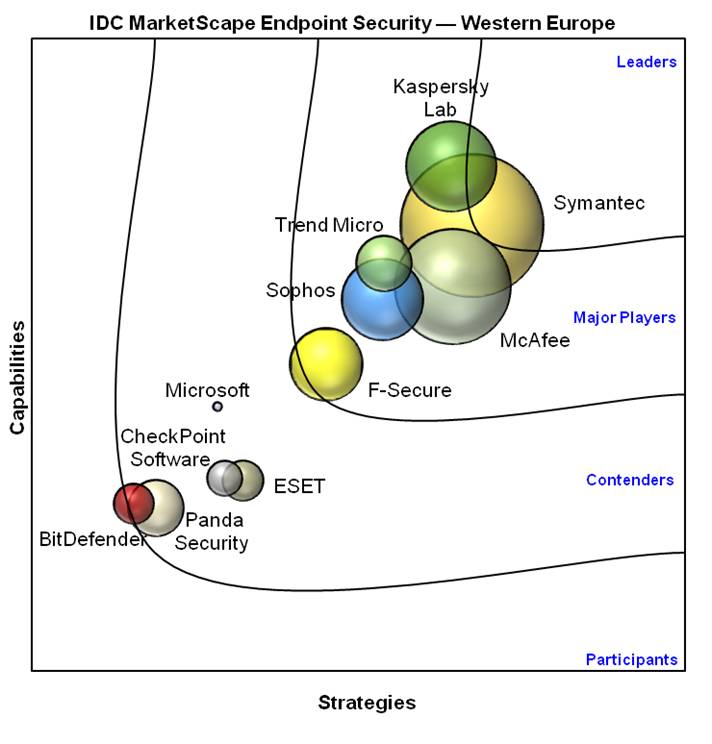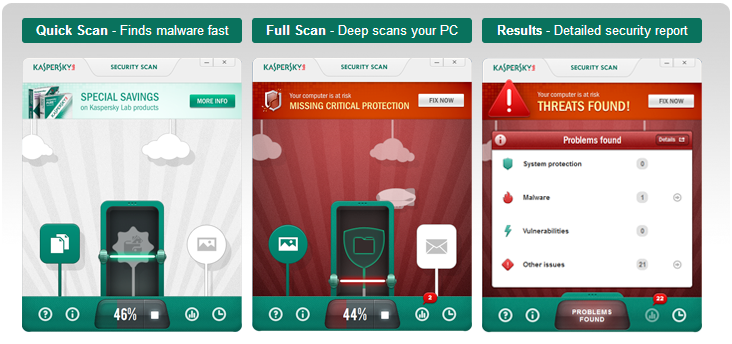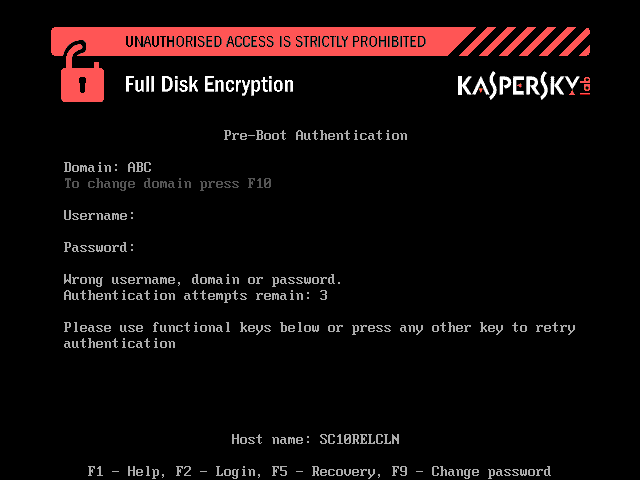March 29, 2013
King of the trees
I’d long wanted to return to California’s oldest giant redwood park. I was first here in something like 1997, 15 years ago – and have cherished the experience ever since. And here I am again! Back in the Big Basin Redwoods State Park. The brain struggles to take in the size of these trees, the biggest in the world. They’re bigger than… Atlas – supporting the sky on their branches… Forgive me for getting all mythologically romantic and lyrical, but there’s no other way to convey my emotions.
As touched upon in the recent Golden State & Golden Gate post, the giant redwood– otherwise known as Sequoia sempervirens, coast redwood or Califiornia redwood – can live (with a bit of luck) for more than two thousand years! The tops of these trees are waaaay up somewhere in the sky – more than 100 meters above the ground! One of the fallen giants has been cut into cross sections and different epoch’s rings are indicated show when and where major historical events occurred.











